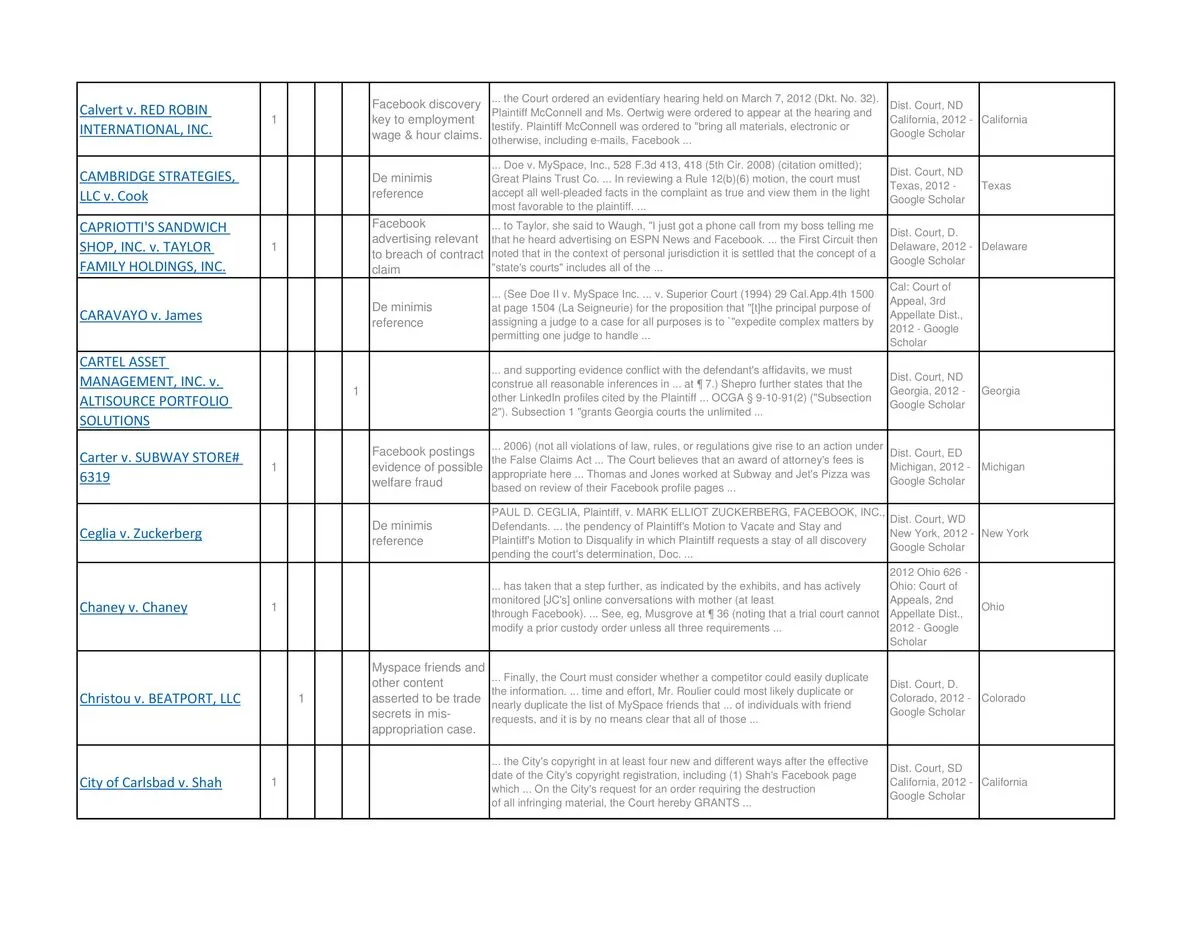Utah's Social Media Law for Minors Halted by Federal Judge
A federal judge in Utah has temporarily blocked a law aimed at protecting children's privacy on social media platforms. The judge cited First Amendment concerns in his decision.

A federal judge in Utah has temporarily halted the implementation of a social media access law designed to safeguard children's privacy and restrict their platform usage. U.S. District Court Judge Robert Shelby issued a preliminary injunction against the legislation, which was scheduled to take effect on October 1, 2024.
The blocked law would have mandated social media companies to:
- Verify user ages
- Apply privacy settings
- Limit certain features on accounts belonging to minors
Judge Shelby acknowledged the state's sincere intention to protect young people from social media-related challenges. However, he concluded that Utah had not presented a compelling state interest that would justify infringing upon the First Amendment rights of social media companies.

In response to the ruling, Utah's Republican Governor Spencer Cox expressed disappointment but remained committed to the cause. He stated, "This is a battle worth waging," emphasizing the perceived harm social media inflicts on children. Cox criticized social media companies for prioritizing profits over children's well-being and urged them to voluntarily implement the protective measures outlined in the law.
NetChoice, a nonprofit trade association representing major tech companies like Google, Meta, Snap, and X, filed the case that led to this injunction. The organization argues that the law would require Utah residents to provide more personal information than typically collected by social media platforms, potentially increasing the risk of data breaches.
"Let's be clear: social media companies could voluntarily, at this very moment, do everything that the law put in place to protect our children. But they refuse to do so. Instead, they continue to prioritize their profits over our children's wellbeing. This must stop, and Utah will continue to lead the fight."
It's worth noting that social media has become an integral part of modern life. As of 2023, there are over 4.9 billion social media users worldwide, with the average person spending about 2 hours and 27 minutes on these platforms daily. This widespread usage has led to increasing concerns about its impact on users, especially minors.
Utah's efforts to regulate social media use for children began in 2023 when it became the first state to pass such laws. Subsequently, the state sued TikTok and Meta for allegedly enticing children with addictive features. This legal action reflects a growing trend of scrutiny towards social media companies and their impact on younger users.
While the recently blocked law faces an uncertain future, a separate piece of legislation is still set to take effect on October 1, 2024. This law will allow parents to sue social media companies if their child's mental health deteriorates due to excessive use of algorithmically curated apps. To avoid liability, companies must comply with various requirements, including:
- A three-hour daily usage limit
- A blackout period from 10:30 p.m. to 6:30 a.m.
Damages for non-compliance would start at $10,000.
NetChoice has successfully obtained injunctions against similar social media limitation laws in California, Arkansas, Ohio, Mississippi, and Texas. Chris Marchese, director of litigation for NetChoice, expressed hope that policymakers would now focus on "meaningful and constitutional solutions for the digital age."
As the debate over social media regulation continues, it's important to note that many countries are considering or implementing regulations on social media use, especially for minors. This global trend reflects growing concerns about the potential negative impacts of excessive social media consumption on young people's mental health and well-being.


































